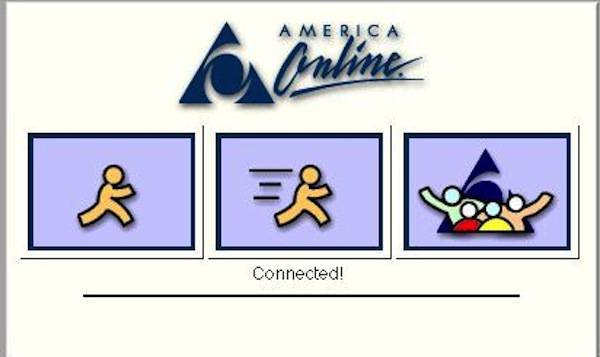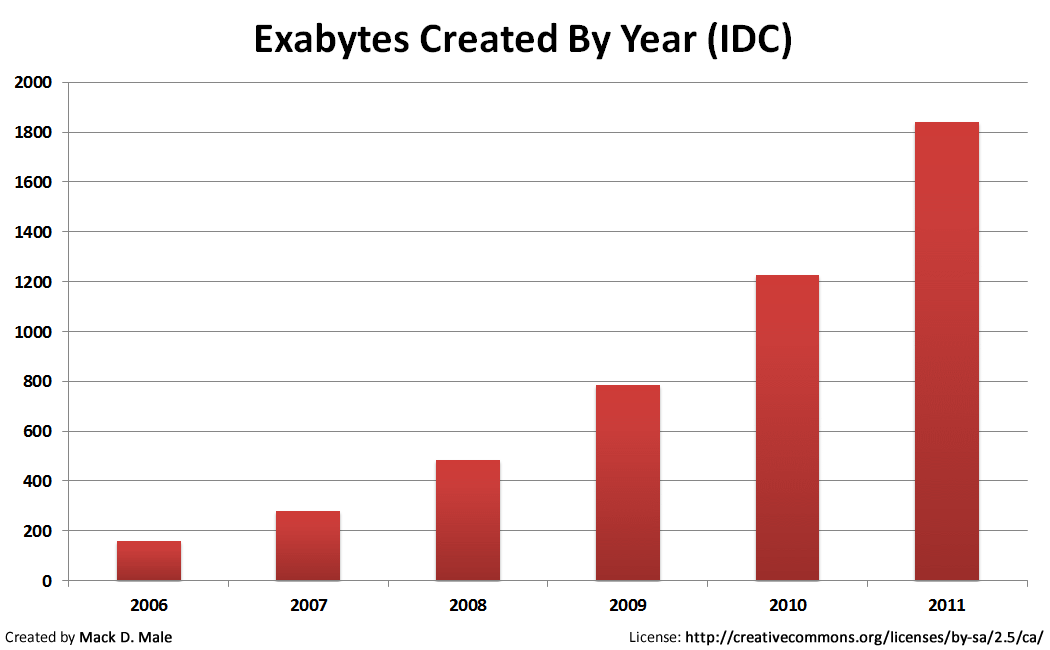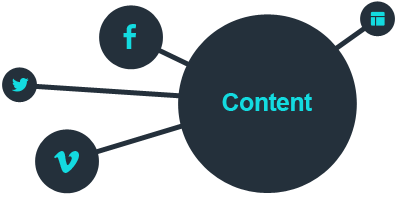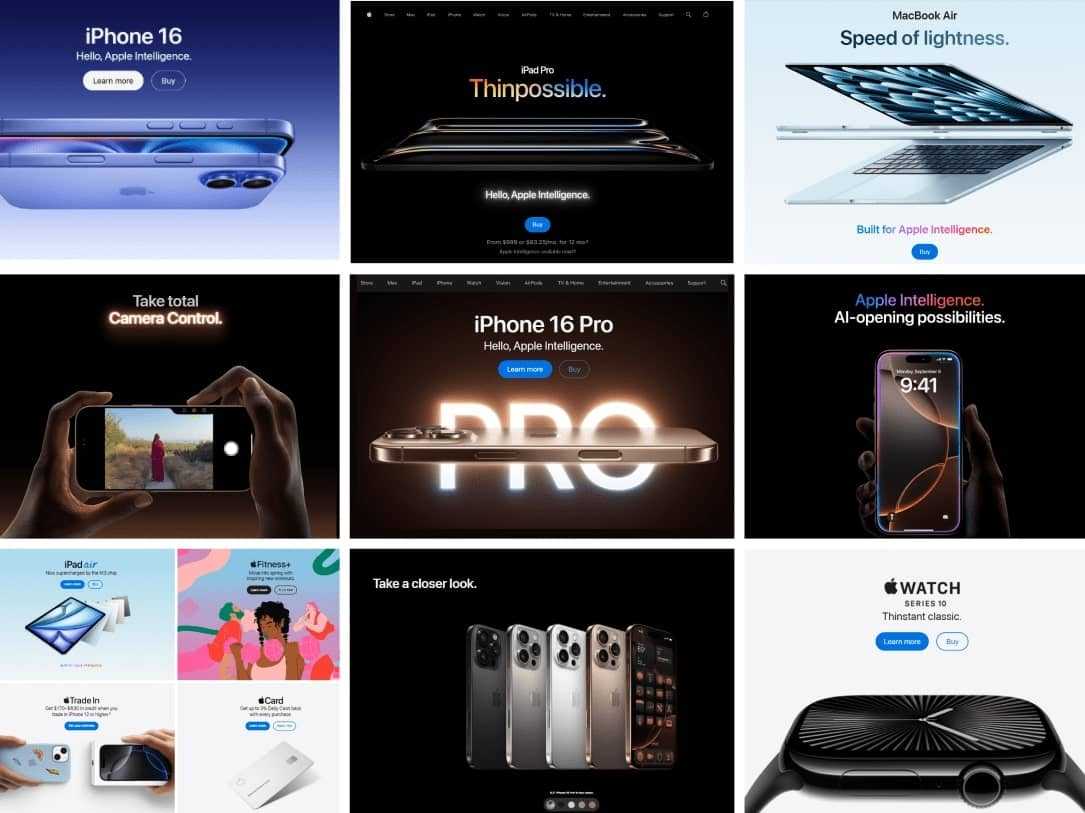

Content Marketing - Why It Isn’t Working For You (Yet)
Content marketing is as old as the internet itself. In fact, it’s actually older. Long before the internet, content marketing was alive and well, going strong and captivating readers. Even cavemen were utilizing the power of content marketing through pictures and carvings on cave walls.
Moving forward in time a little, let’s step into a time machine and set the dial for 1980’s. Hair was big, shoulder pads were in and you were mythical if you could pull off a British accent and play guitar. During 1980’s, there were no blogs, no Facebook, no 140 character limits. The only “tweet” you heard of was from a bird. Magazines and books were the comparison to modern day blogs and feeds, bu t served the same purpose. Readers still demanded engaging and relevant content, and your book only became a bestseller if it was truly great. The only thing that has really changed is the delivery method of the content.
t served the same purpose. Readers still demanded engaging and relevant content, and your book only became a bestseller if it was truly great. The only thing that has really changed is the delivery method of the content.
When most people think of content, they focus on the delivery method, ways it can be shared socially, or how to utilize it for conversions. The content itself is becoming less and less important and the majority of the trend is about making search engines love it, instead of people.
Getting Back to Basics
Let’s jump back to the 1980’s for a moment. If you were a novelist, your goal was to sell as many copies of your book as possible. If you were a columnist, you wanted people to love your column - so much in fact, you became a household name. If you were a sports writer, you wrote in such a way as to put the reader in the stadium. People loved it; they read millions of copies of books, had billions of magazine subscriptions, and read columns in newsprint each and every day. What’s even more amazing? The writing was so prolific, they actually PAID for it!
The balance shifted when the internet arrived, and a huge influx of content was delivered free of charge at lightning fast speeds, on demand, at the click of a mouse. It was great (for a while). Then something happened no one saw coming. There was actually way too much content, and even though it was free, it was a far from great. You see, only the best work made it into the hands of readers before the internet. Now, suddenly everyone was an author, and everyone had something to say.
on demand, at the click of a mouse. It was great (for a while). Then something happened no one saw coming. There was actually way too much content, and even though it was free, it was a far from great. You see, only the best work made it into the hands of readers before the internet. Now, suddenly everyone was an author, and everyone had something to say.
Google and others before them saw this problem and attempted to sort it all out, and deliver content based on relevance. However, Google is not a human, and although algorithms can decipher keywords and context, it can’t “know” what is great content, what people will love and want to share with others. Remember the last time you read a truly great novel or self-help book and then shared your copy with a friend or family member? Sure, we have all done this.
Now consider much of what you read online each day. Would you print it out and physically share and recommend it to a friend or family member?
Probably not.
The reason we share things online is not because they are great, but maybe because they are just not completely horrible and sharing is made easy through Facebook apps, mobile, or the like. Just maybe?
Think of the great writings of the past. There are hundreds of thousands of books that were written long before digital marketing existed that still sell today and still captivate the readers. They were written with the reader in mind; not search engines. The only hidden motive was to create a work of art with words; to immerse the reader, to connect with the reader.
The Content Paradox
Fast forward to current times and the nature of the digital landscape today. It’s 2015 and every two days, we create as much information as we did from the dawn of civilization up to 2003 – some five exabytes of data.
 Every minute, Google receives more than 2 million search queries, email users send more than 200 million messages, WordPress users publish 347 new blog posts and more than 100,000 tweets are sent.
Every minute, Google receives more than 2 million search queries, email users send more than 200 million messages, WordPress users publish 347 new blog posts and more than 100,000 tweets are sent.
Your writing is competing with millions of other writers; and search engines are looking for relevance first, and providing great content last. How can you stand out unless you “play the game?” After all, if your writing is truly great, and you do not “tweak” it a little for search, it may never be delivered into the hands of your intended audience.
While this may be true if you follow a strict approach to content marketing, it does not have to be the end all in your marketing strategy. Many digital marketers and brands confuse "content marketing" with "getting as much information about a product or service out there as possible." They feel that repetition on product greatness and endless self-promotion in as many formats as possible, will accomplish goals in content marketing. They are wrong. Everyone is doing that, and it isn’t working
A New Perspective On Content
"Content marketing" isn’t about creating content; it’s about marketing through great content. If you are writing about something you have no applicable knowledge about, just to satisfy demand, you are already minus one. Readers can hear it in your digital “voice.” The best thing to do is to write about a product, service or ideology that you yourself have interest in or know something about. The passion and the “it” factor will be obvious in your writing. Simply choosing a popular topic and writing about it with search and sharing as a foremost concern is sure to be a disaster.
You have to get Google out of your head while you are composing your masterpiece. It only clouds the water and keeps you  from writing your best work.
from writing your best work.
Write first with your intended reader in mind. Imagine you are on the receiving end of your article or post. What do you get from it? Does it have the ability to get you thinking about something in a whole new way? Does it teach you something? Does it make you want to read it again and again?
Most importantly, is it something you would feel compelled to share with a friend or family member?
If you can start looking at content in this way, you won’t have to rely on creating Google-worthy content or content that search engines can easily categorize or archive. Your readers will act on your part, without persuasive “share this” buttons with everyone they know. Even if the internet crashed, they would find a way to share it.
 Throughout history, great content always found a way to be shared, no matter what the risk. In some cases, possession of certain content meant paying a price not in dollars, but in lives. Despite this, people were so compelled to share what they had read, they outweighed the risks with the reward of sharing with others. The writings were held as sacred text to be shared throughout the world, and there was no app to accomplish it. Great writing will be shared despite the challenges, despite following the rules of search and despite following the status quo.
Throughout history, great content always found a way to be shared, no matter what the risk. In some cases, possession of certain content meant paying a price not in dollars, but in lives. Despite this, people were so compelled to share what they had read, they outweighed the risks with the reward of sharing with others. The writings were held as sacred text to be shared throughout the world, and there was no app to accomplish it. Great writing will be shared despite the challenges, despite following the rules of search and despite following the status quo.
That’s the power of great content.
So, what will you write today that will be here tomorrow? What can you contribute to the ever increasing depth and breadth that has become an expansive ocean of information? Let go of the technical aspects of your writing, reduce the amount of SEO you try to incorporate into your writing and just write something someone else would want to read. It is actually far simpler than trying to figure out what search engines want today (because they will change tomorrow).
Search engines will come and go; social platforms that reign today will disappear in years to come and be replaced by others. No matter which way it may be delivered in the future, your great content will always exist and be shared. So its time to start over. Start writing great content again. Start giving your readers what they truly desire.
Do this and you won’t have to worry about your content being shared or searched for again.




